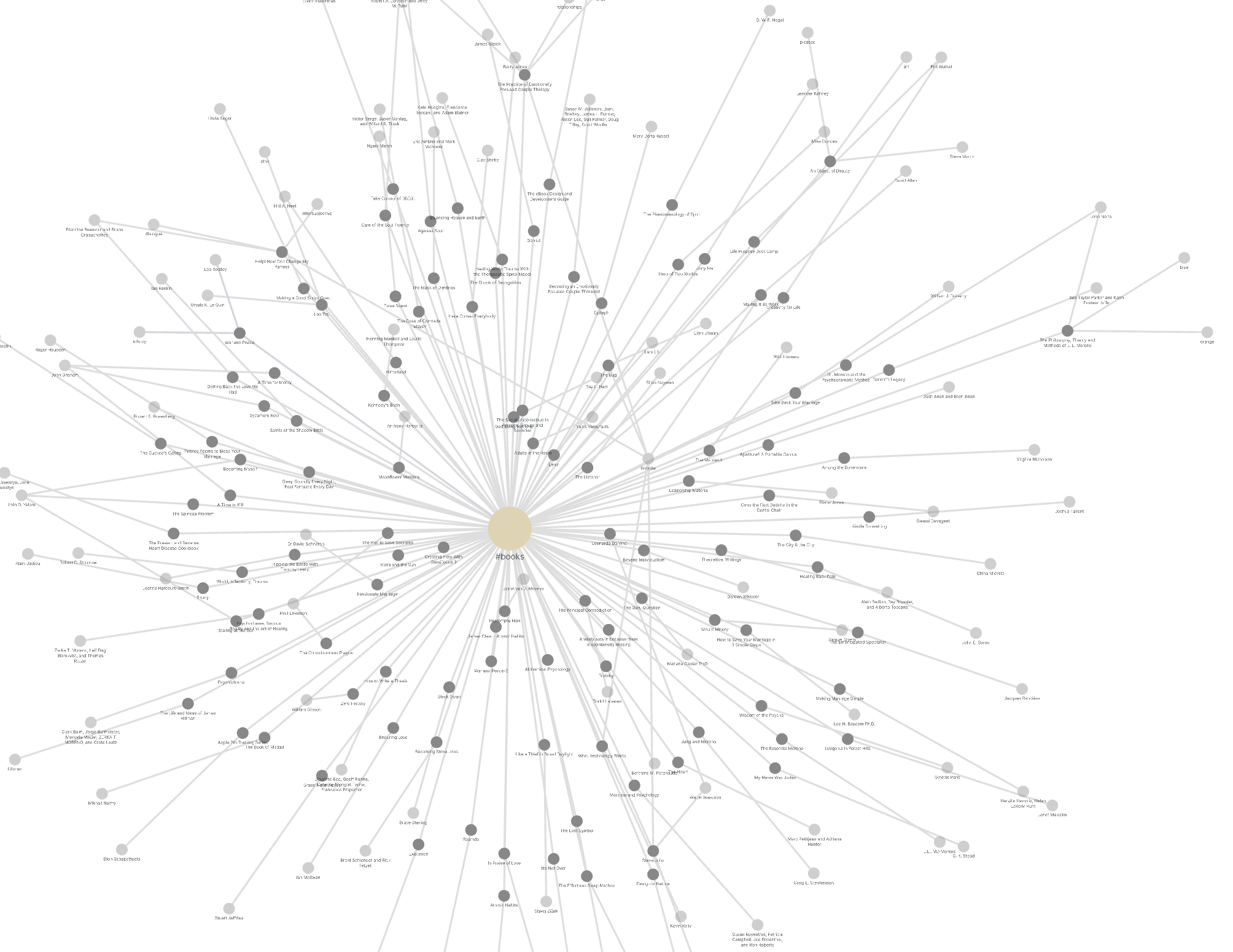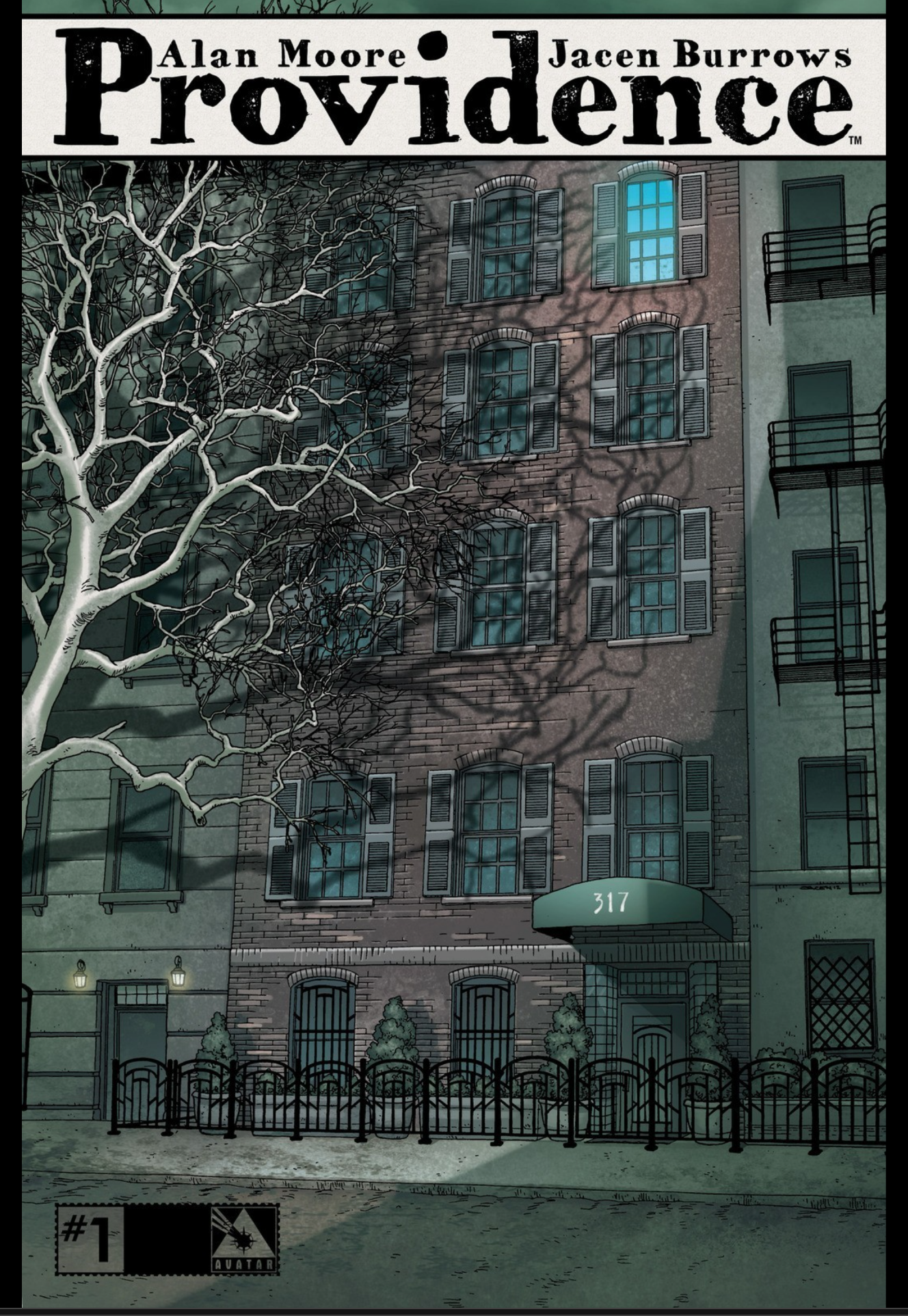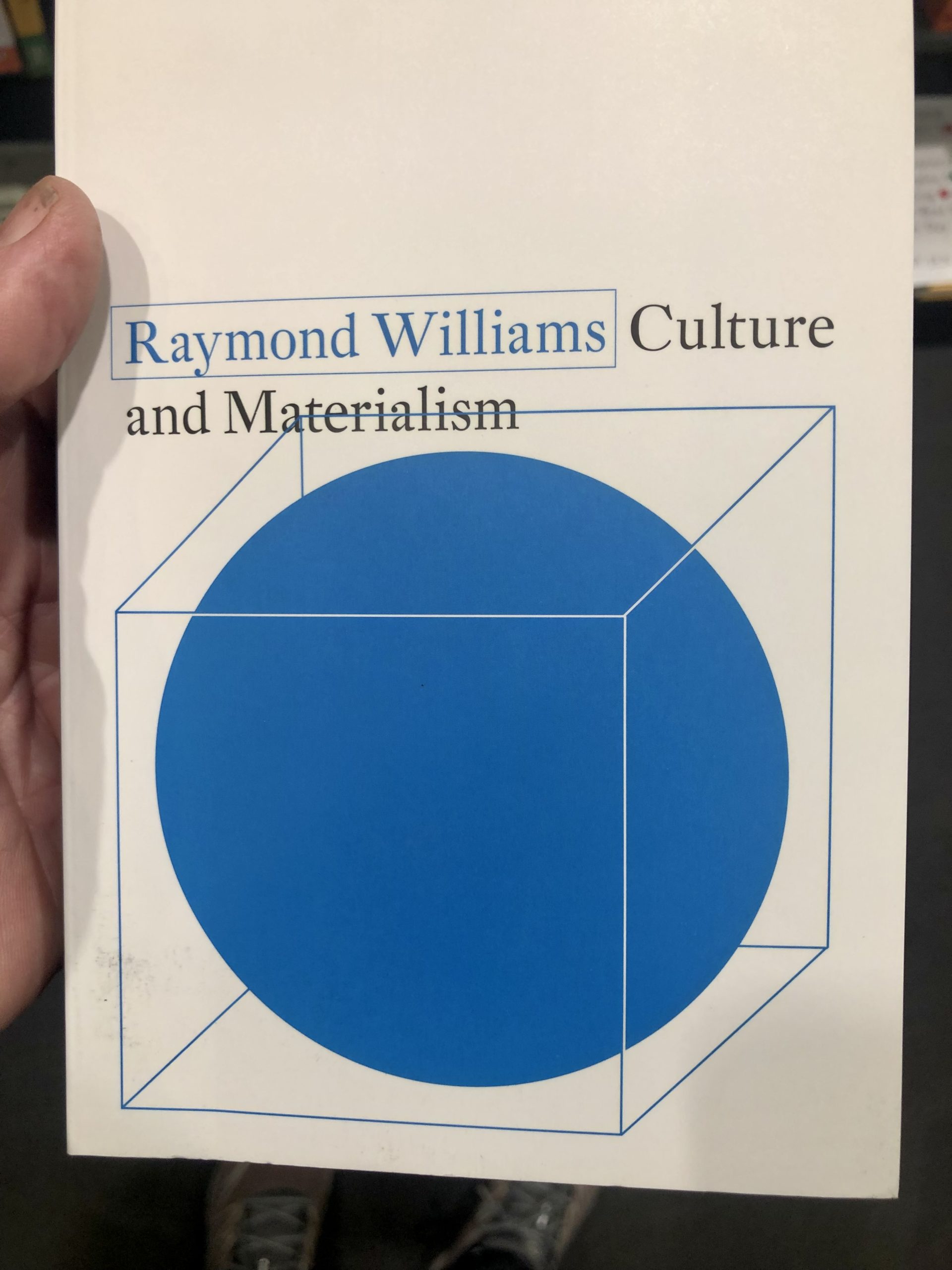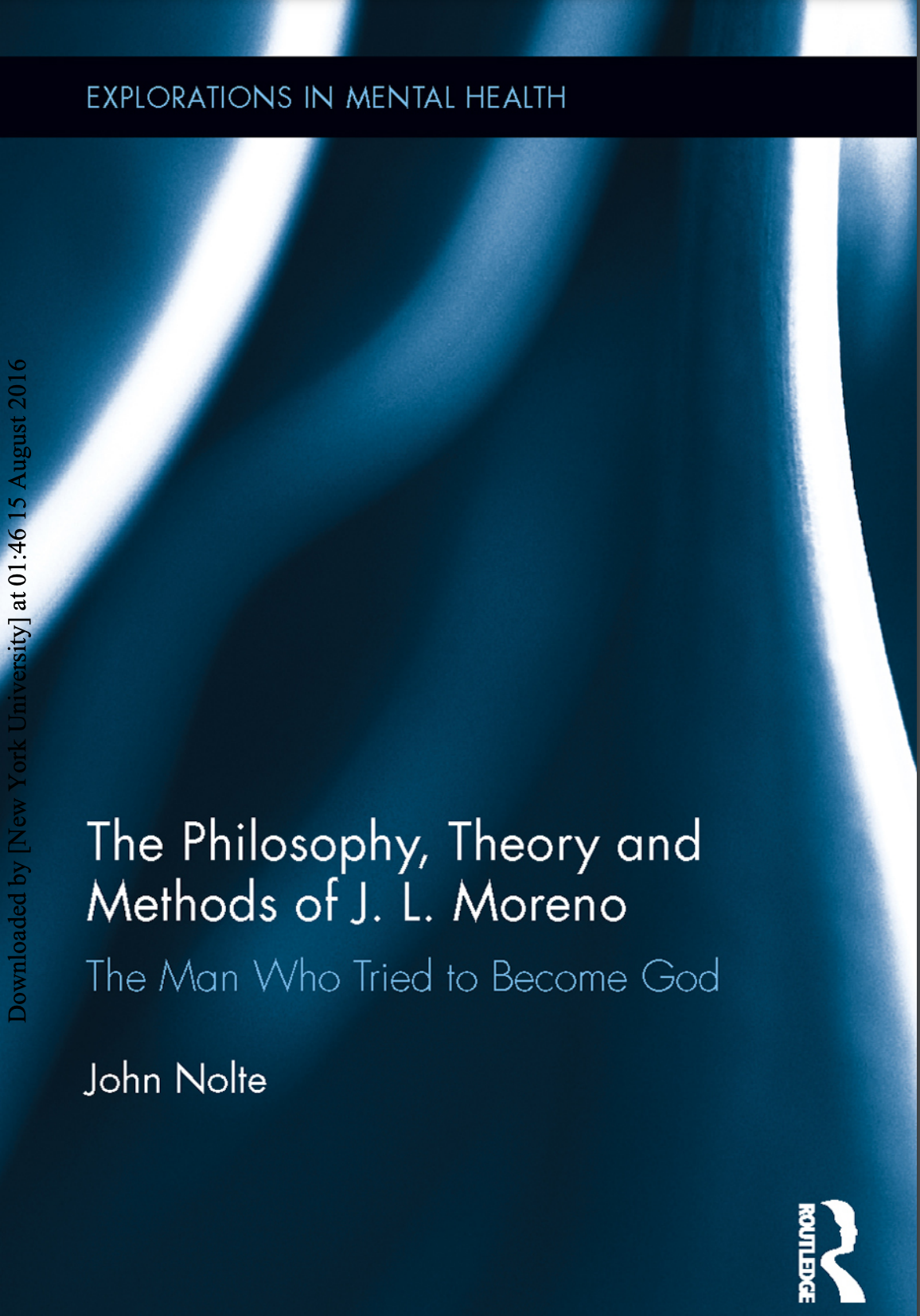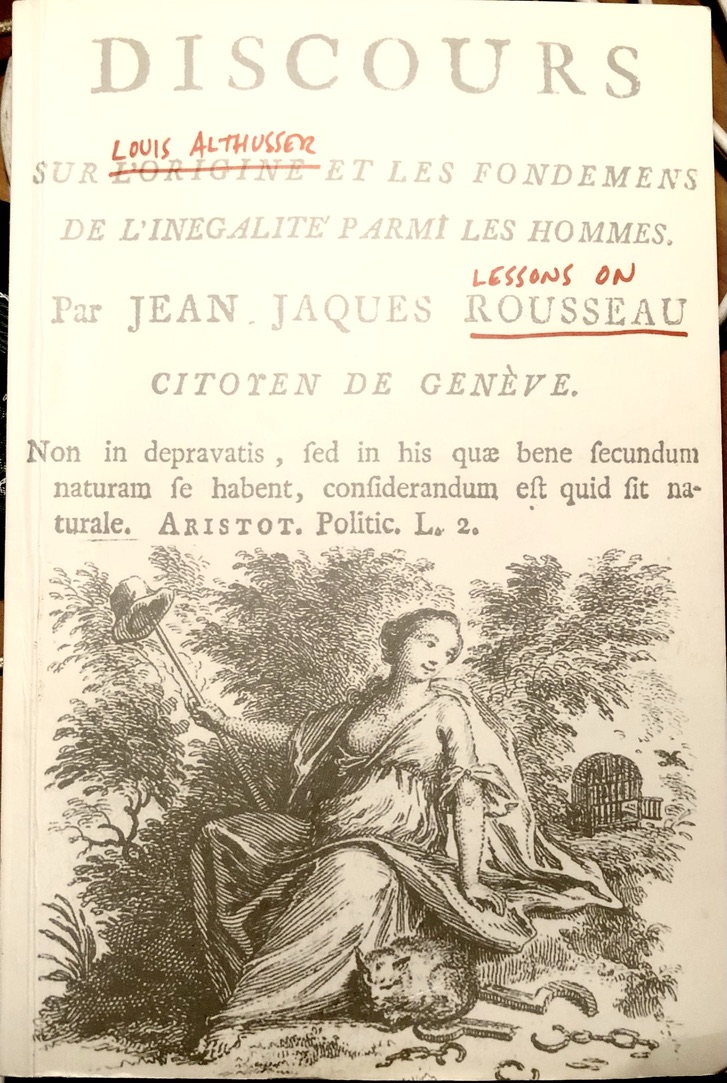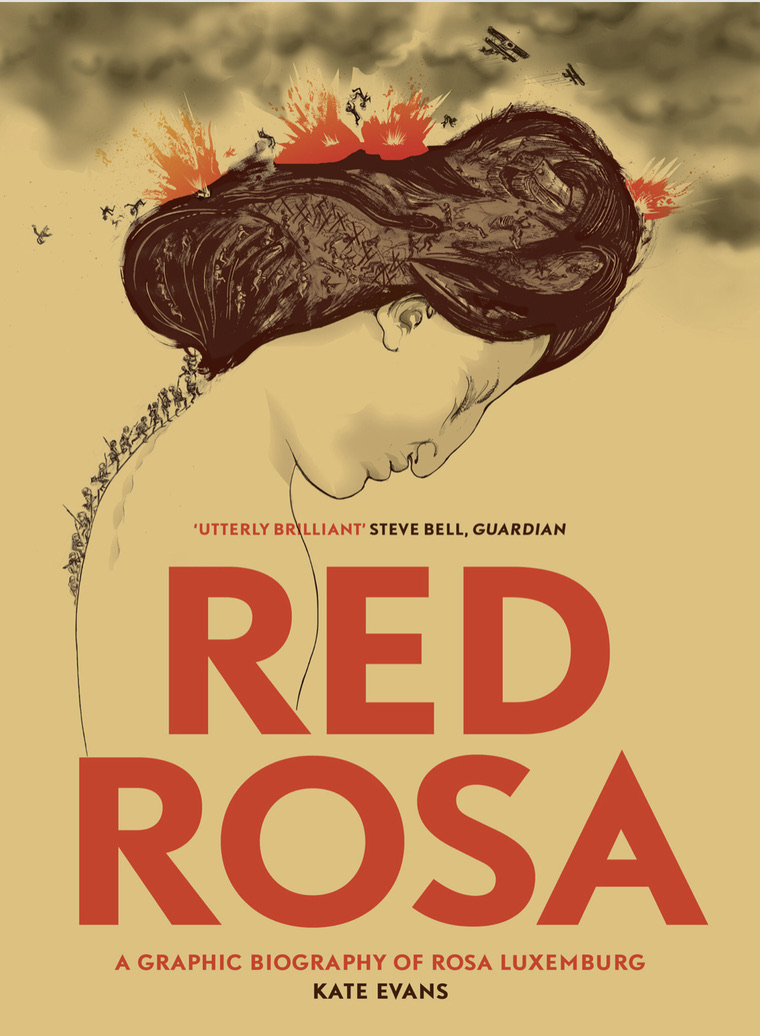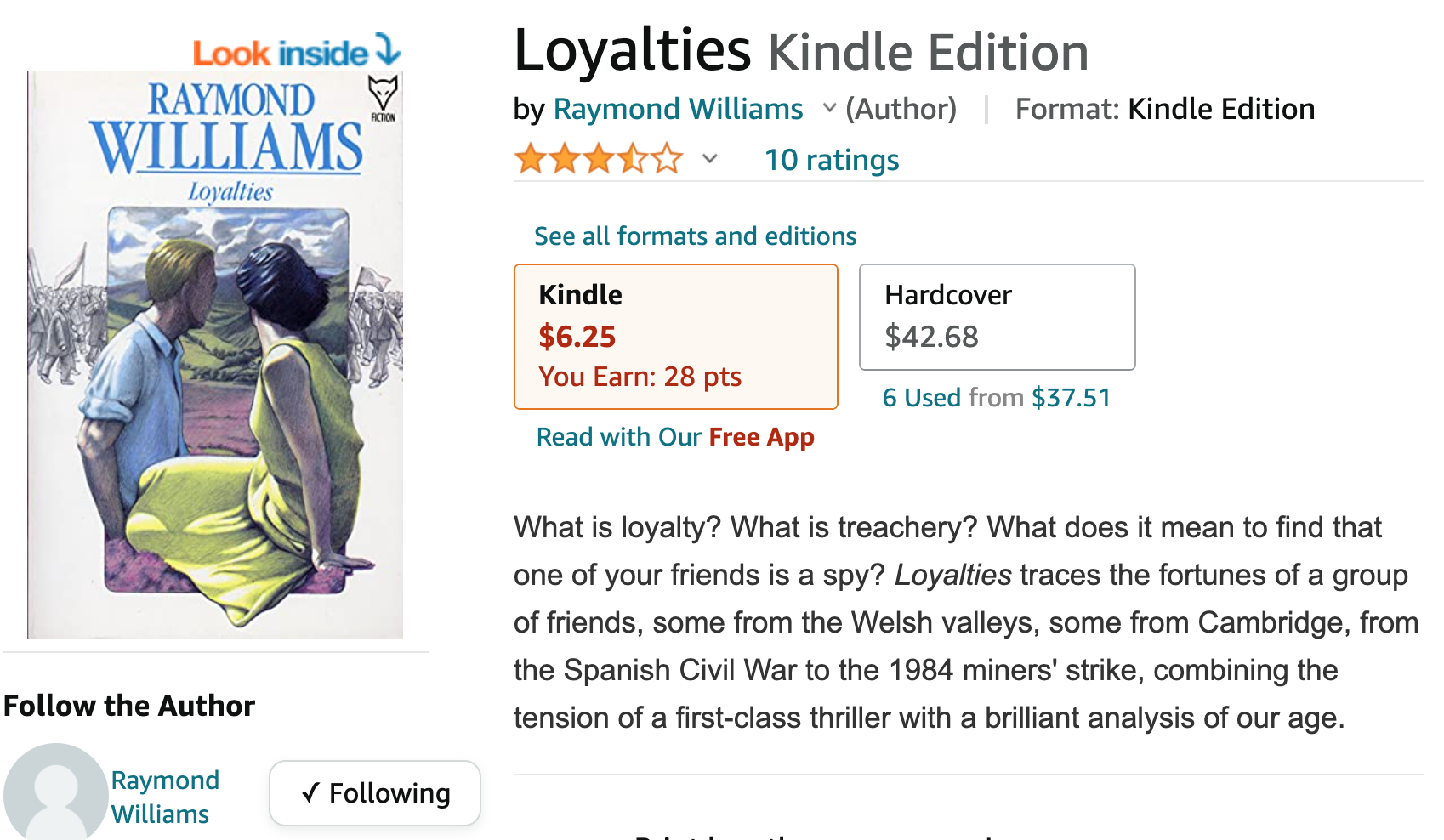I did not finish the book. It seemed an endless list of name dropping. I may get back to it.
The smell of ebooks
I love the smell of ebooks! I collect them. I highlight bits. I pop bits into this blog. I have mostly Epub or Kindle versions. I convert Kobi to epub I find audio versions. All that is a form of sniffing!
Lately I have been delighted by Readwise. They found all my highlights and let me review them a few every few days. They also import them to Obsidian.
Where they look like this:
The real treat is this: The Next Chapter of Readwise: Our Own Reading App
I’m on the list and I can’t wait!
If you like the smell of books you will get in the queue.
This post is one in the long tradition here of looking at the psyche in cyberspace, this Reader is a revolution in the psyche.
Google Play Books
I forget I have these digital books!
*
At least with a screenshot here they can be tagged and recalled from time to time.
*
Shared Realities, Participation Mystique and Beyond… Has its own post: Here.. It includes a link to a podcast.
Alan Moore’s PROVIDENCE
The most important work of 2015 begins here with the long-awaited arrival of Alan Moore’s breathtaking epic PROVIDENCE with his artistic partner Jacen Burrows.
In his most carefully considered work in decades, Moore deconstructs Continue reading “Alan Moore’s PROVIDENCE”
Raymond Williams – Culture and Materialism — Book
Two books of his on the go at the moment… might take me a while
See the this post for more about Raymond Williams.
Continue reading “Raymond Williams – Culture and Materialism — Book”
John Nolte – Three Psychodrama Books
The Philosophy, Theory and Methods of J. L. Moreno
John Berger and Marxist Art Criticism — podcast (and More)
John Berger is worth attending to. He surprises and stimulates constantly about everything. I like this podcast:
Continue reading “John Berger and Marxist Art Criticism — podcast (and More)”


